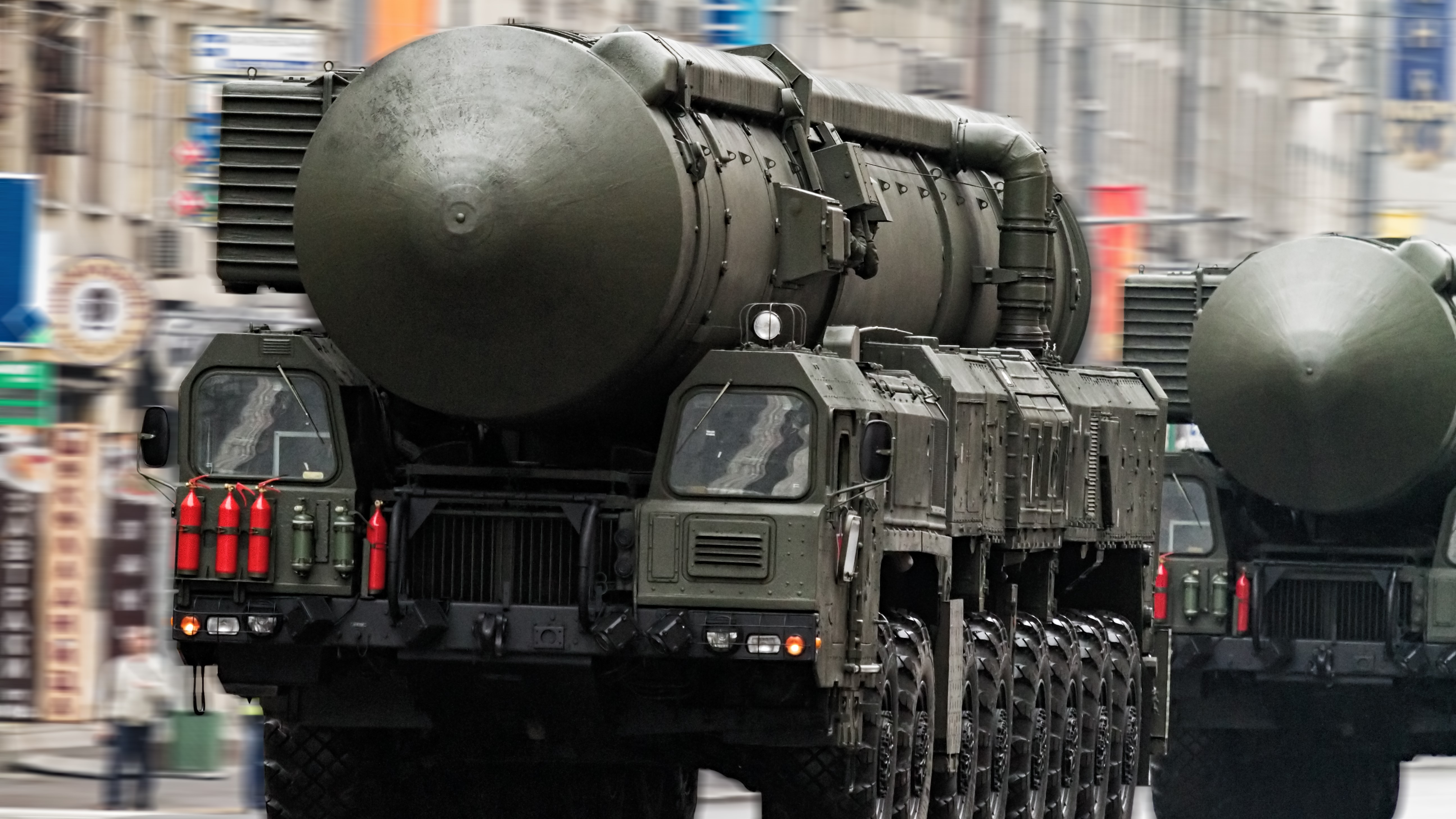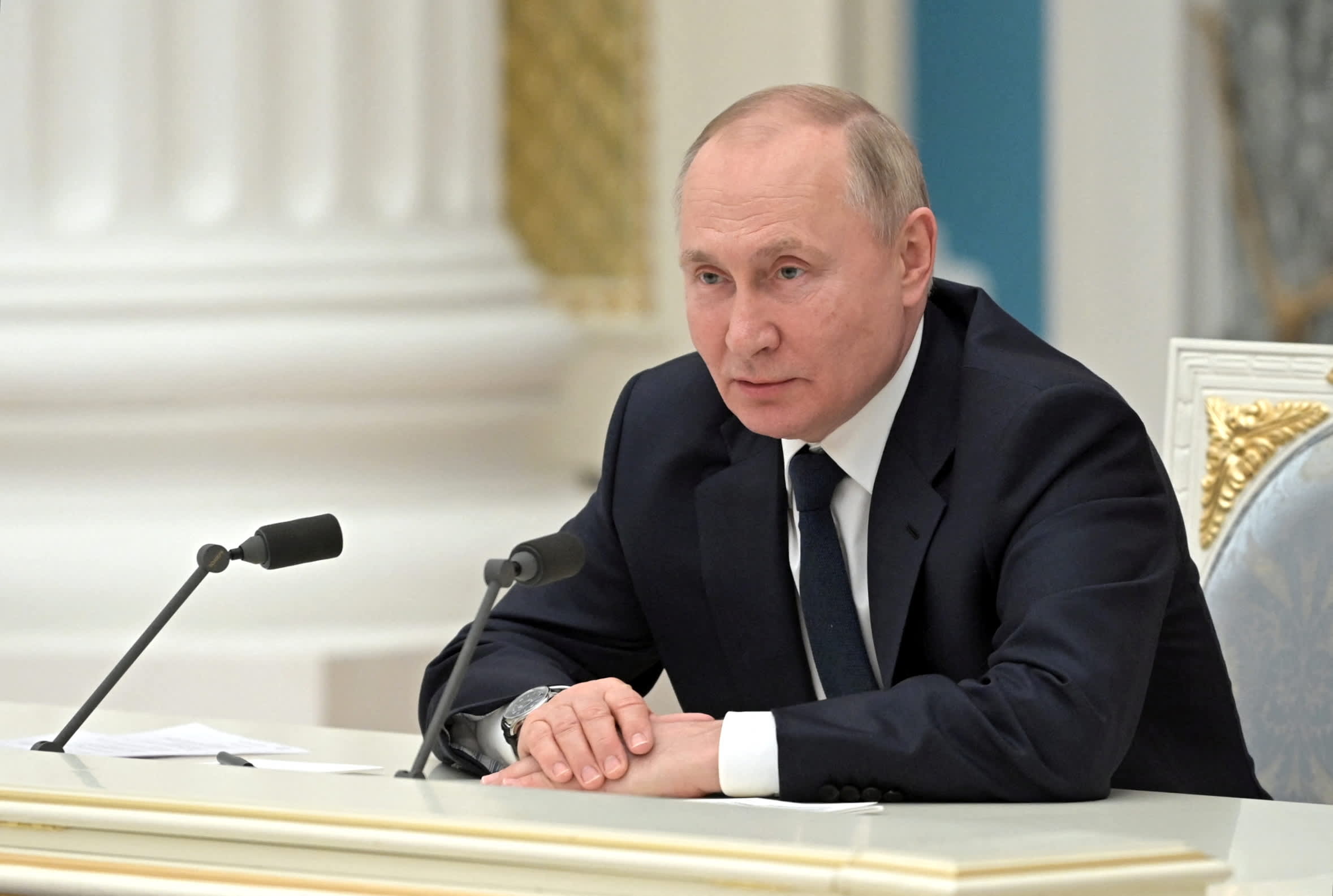Rumors continue to circulate that Russian President Vladimir Putin is set to undergo cancer treatment, and experts say regardless of whether that is true, it could distract from the war in Ukraine.
The New York Post reported that Putin has cancer, is slated to undergo an operation and plans to put the head federal police’s security council in charge. But the report has not been confirmed by any major media outlets.
WATCH ANYTIME FOR FREE
>Stream NBC10 Boston news for free, 24/7, wherever you are. |
Harvard scholar Oleh Kotsyuba and Northeastern University professors Mai’a Cross and Pablo Calderon weighed in on the rumors during NBC10 Boston's weekly series, "Russia-Ukraine Q&A."
Get updates on what's happening in Boston to your inbox. Sign up for our News Headlines newsletter.
Get updates on what's happening in Boston to your inbox. Sign up for our >News Headlines newsletter.
More from this series
Russia is infamous for spreading disinformation and propaganda across the internet and through foreign and domestic media. Russian leaders and state-backed media have pushed a false narrative around the reasons for invading Ukraine, among other topics, since the war began. This barrage of disinformation and propaganda makes it difficult to determine whether or not Putin does have cancer.
"These rumors have been going around for a while," Calderon said. "We have to be careful with this information that we're receiving. In general, I think this is a symptom perhaps of a more generalized malaise of incomplete information and the flow of information. We don't really know what's going on."
"I think we need to take it with a big grain of salt at this point," Kotsyuba said. "This information cannot be confirmed right now. As people know, Putin is extremely careful about disclosing any kind of personal information about himself."
Kotsyuba cautioned that the rumors -- regardless of their accuracy -- can act as a distraction from the war in Ukraine. He likened the phenomenon to studies of dictators in the past, which he said in some ways elevates them.
"I think this kind of keen interest about Putin's physical or psychological wellbeing or kind of this attempt to get into Putin's head, in fact may distract us from what is going on on the ground," Kotsyuba said.
"Obviously, Putin is a mortal man and sooner or later he will die. Whether or not this particular piece of information is true, I think we need to be very careful about and, in general, make sure that we are not redirecting our attention somewhere else from the atrocities that are being committed in Ukraine."
"We need to be very careful about and, in general, make sure that we are not redirecting our attention somewhere else from the atrocities that are being committed in Ukraine."
Harvard scholar Oleh Kotsyuba
Whether or not Putin does have cancer is "irrelevant," Calderon said. In addition to redirecting the focus of public discourse, some type of medical diagnosis could also be used as a means to rationalize the invasion.
"I fear as well that it might lead us in the direction that somehow this is happening because of one person and while to an extent it's true, we have to look at the other conditions as well the other sort of geopolitical realities, the other issues that are at play here," Calderon said. "We shouldn't just focus on the personality of Vladimir Putin and why he's doing what he's doing. Because the reality is, we'll never know why somebody like that makes the decisions they take."
If true, what Putin's diagnosis would mean for the ongoing crisis remains unknown.
"If it is true, one question is sort of, What is the character and nature of the interim, the short term leader while Putin is incapacitated?' And I think that's also difficult to tell because he hasn't really been in the limelight," Cross said. "So it's one of those, we'll have to wait and see what happens, but it's hard to interpret it either as good or bad at this point."



